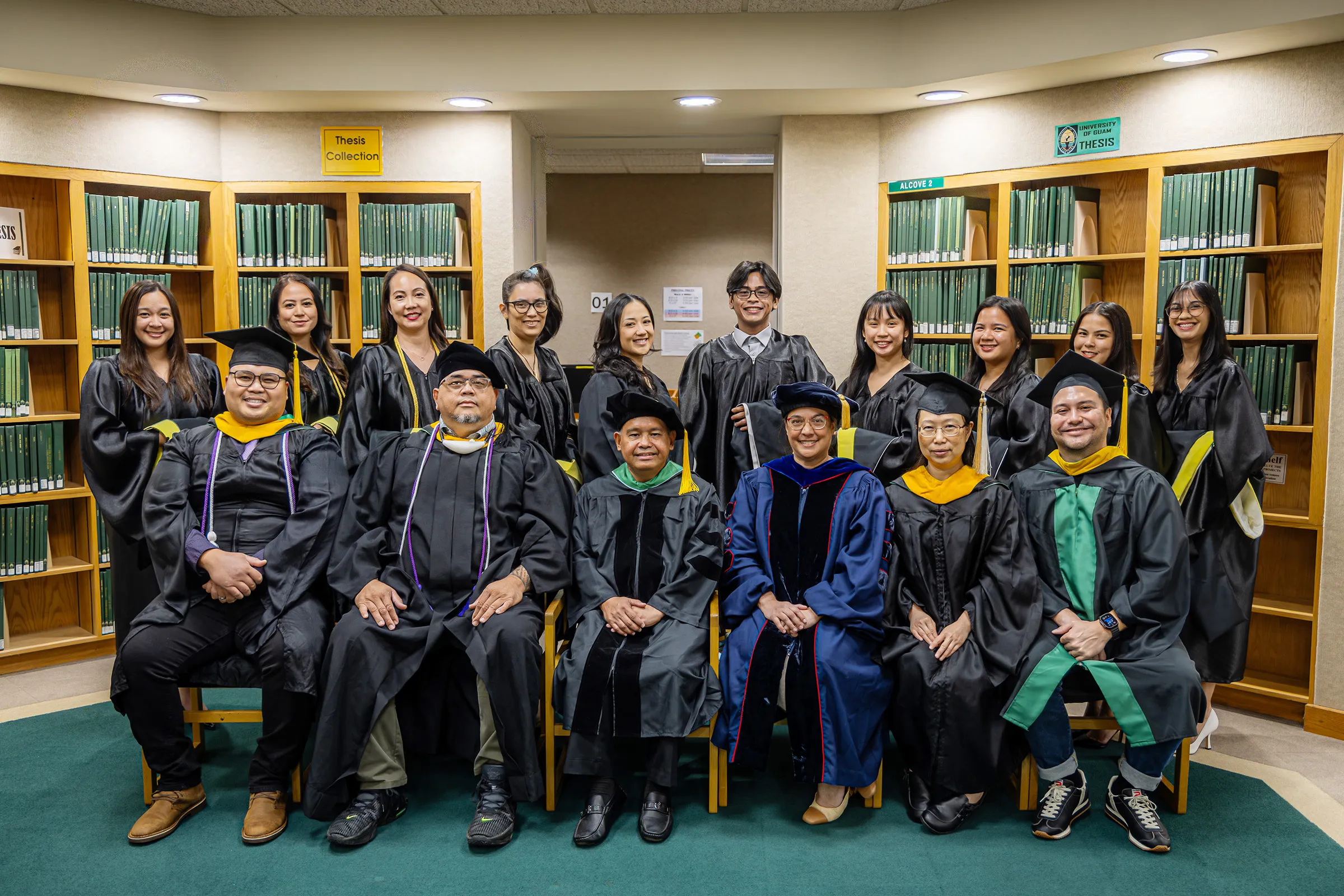SOCIAL media is swarming with negativity about Gov. Arnold Palacios’ economic leadership. Clearly, our economy in recent years hasn’t been vibrant — due in part to the decline in tourist arrivals. Tourism, though fragile, has long been the main driver of our economy. Unfortunately, changes in immigration policy, enforcement, and other external political factors have severely affected our tourism industry — and our economy continues to suffer.
This is the reality we face today, and neither Governor Palacios nor any other political figure in the CNMI, including Congresswoman Kimberly Hinds, has the power to change U.S. immigration policies.
However, through his steady stewardship and disciplined fiscal management, Governor Palacios has kept public services running and critical programs funded. By prudently implementing federally funded projects — and aided by increased military buildup activity — projected government revenues have exceeded expectations. This is a clear sign of leadership that perseveres, even during economic adversity.
The governor was criticized for prioritizing military and national interests over efforts to bring back Chinese tourists under the Economic Vitality and Security Travel Authorization Program (EVS-TAP). This program was backed by the Saipan Chamber of Commerce and Hotel Association members, many of whom were disappointed by the governor’s decision. But Governor Palacios chose a different path: one that aligns with the long-term interests of both the CNMI and the United States.
He was acutely aware of China’s growing military presence in the South China Sea — a region vital for global trade and rich in natural resources. China has built artificial islands, militarized disputed territories, and developed advanced naval and air capabilities. As The Washington Post noted, nearly one-third of global maritime trade — worth over $3 trillion — passes through the South China Sea, which also holds large reserves of oil and natural gas. In weighing the strategic and economic impact, Governor Palacios recognized the value of aligning the CNMI with U.S. military expansion in the region.
Among the voices critical of the governor’s stance on Chinese tourism was Congresswoman Kimberly Hinds. But Governor Palacios understood that the CNMI would be better served by engaging with tourism markets from countries that share reciprocal political interests with the United States.
China is a geopolitical rival of the U.S., and tensions between the two superpowers will inevitably affect the CNMI. Since the U.S. Congress holds plenary power over immigration, the CNMI is both economically and politically better served by honoring our commitment to national defense — as laid out in Article I, Section 104 of the Covenant.
We must also acknowledge that the CNMI, through its own missteps, lost control of a powerful economic tool: immigration authority. This was unilaterally withdrawn in 2008 through the passage of the Consolidated Natural Resources Act (U.S. Public Law 110-229). It was a pivotal moment that undermined our ability to directly shape our economic future.
Yet despite these challenges, Governor Palacios is pushing forward — developing resilient strategies that embrace uncertainty and promote adaptability in the face of complex change. His is a truly fearless performance.
DANIEL O. QUITUGUA
Kanat Tabla, Saipan









